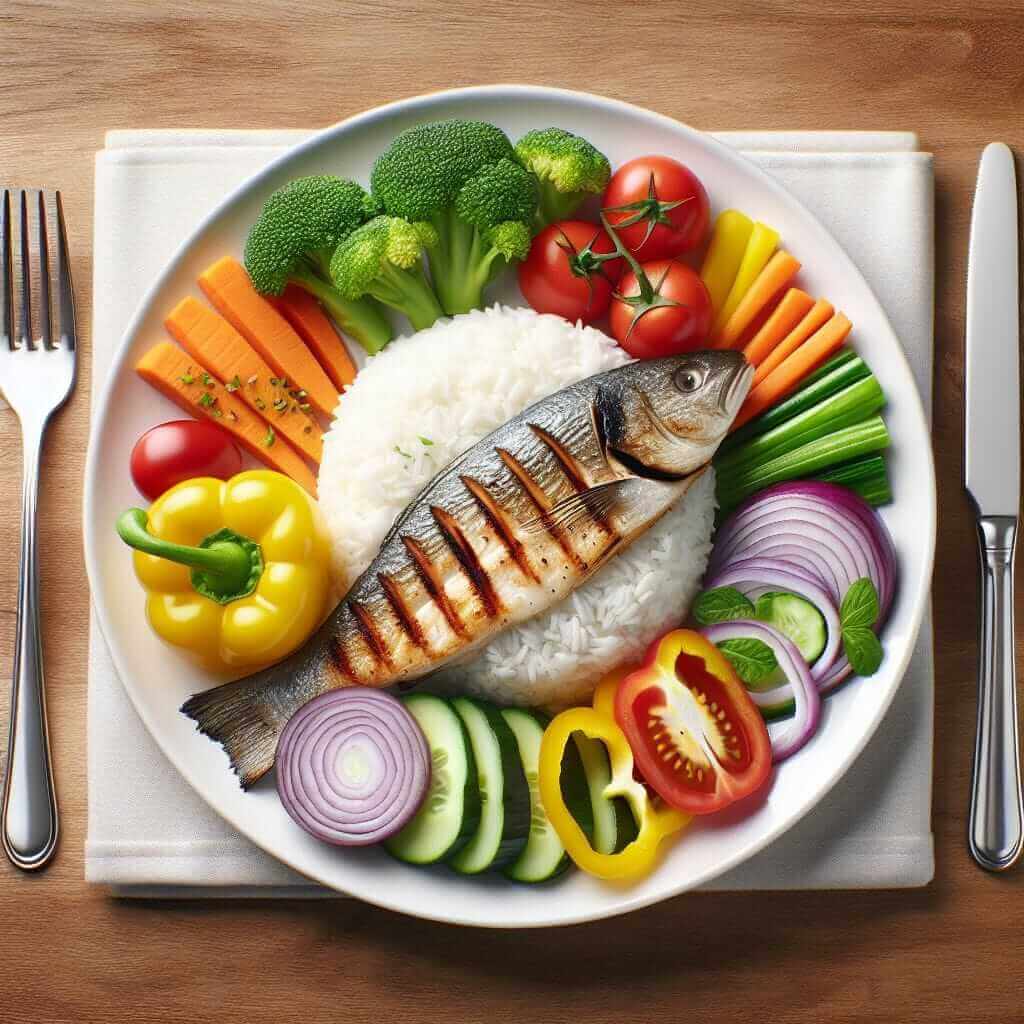As an IELTS instructor with over 20 years of experience, I’ve encountered countless speaking prompts. The seemingly simple question, “How many meals do you eat everyday?” often arises, and it can trip up even well-prepared candidates. This article will delve into why this question appears in the IELTS Speaking test, provide strategies for crafting impressive responses, and equip you with the vocabulary to confidently discuss your eating habits.
Why This Question Matters in the IELTS Speaking Test
The IELTS Speaking test assesses your ability to communicate effectively in English. While the examiners aren’t truly interested in the minutiae of your diet, this question serves several purposes:
- Fluency and Coherence: It gauges how smoothly and logically you can express your daily routine.
- Vocabulary Range: It allows you to showcase vocabulary related to food, meals, and eating habits.
- Grammar Accuracy: It tests your ability to use the present simple tense (for habits) and other grammatical structures accurately.
Constructing Your Response
Here’s a breakdown of how to create a well-structured and engaging answer:
1. Direct Answer: Start by directly answering the question. For example:
- “Typically, I eat three meals a day.”
- “I usually have two main meals and a couple of snacks throughout the day.”
2. Elaboration: Provide details about your meals, incorporating reasons and examples:
- Time of day: “I have breakfast around 7 am before work, lunch at 1 pm, and dinner with my family at 7 pm.”
- Type of food: “My breakfast is usually light, consisting of yogurt and fruit, while my dinner is a more substantial meal with rice, vegetables, and fish.”
- Cultural context: “In my culture, we have a big family lunch on Sundays, so I might eat a larger meal then.”
- Personal preferences: “I’m trying to be more health-conscious, so I’ve started incorporating more fruits and vegetables into my meals.”
3. Further Details (Optional): You can add extra details to make your response even more engaging:
* **Changes in routine:** "On weekends, I tend to have a later breakfast and sometimes skip lunch if I'm not very hungry."
* **Comparison:** "I used to eat a lot of fast food, but now I cook most of my meals at home." healthy meal
healthy meal
Example Response
Here’s an example of a strong response that incorporates the elements discussed:
“I generally eat three meals a day. I start my day with a quick breakfast of toast and coffee before heading to work at 8 am. Lunch is usually a salad or sandwich around noon. Dinner is my largest meal, which I share with my family at 7 pm. We enjoy traditional [your nationality] cuisine, so there’s always rice, vegetables, and some kind of meat or fish.”
Vocabulary Enhancement
Elevate your response by using a variety of vocabulary related to food and eating habits:
- Meals: breakfast, brunch, lunch, dinner, supper
- Snacks: yogurt, fruit, nuts, granola bars
- Eating habits: light eater, hearty appetite, health-conscious, balanced diet
- Frequency adverbs: always, usually, often, sometimes, rarely, never
Practice Makes Perfect
Remember, practice is key to success in the IELTS Speaking test. Practice answering this question and others like it to build your fluency, expand your vocabulary, and boost your confidence.
By following these tips and practicing regularly, you’ll be well-prepared to confidently discuss your eating habits and achieve your desired IELTS score.


